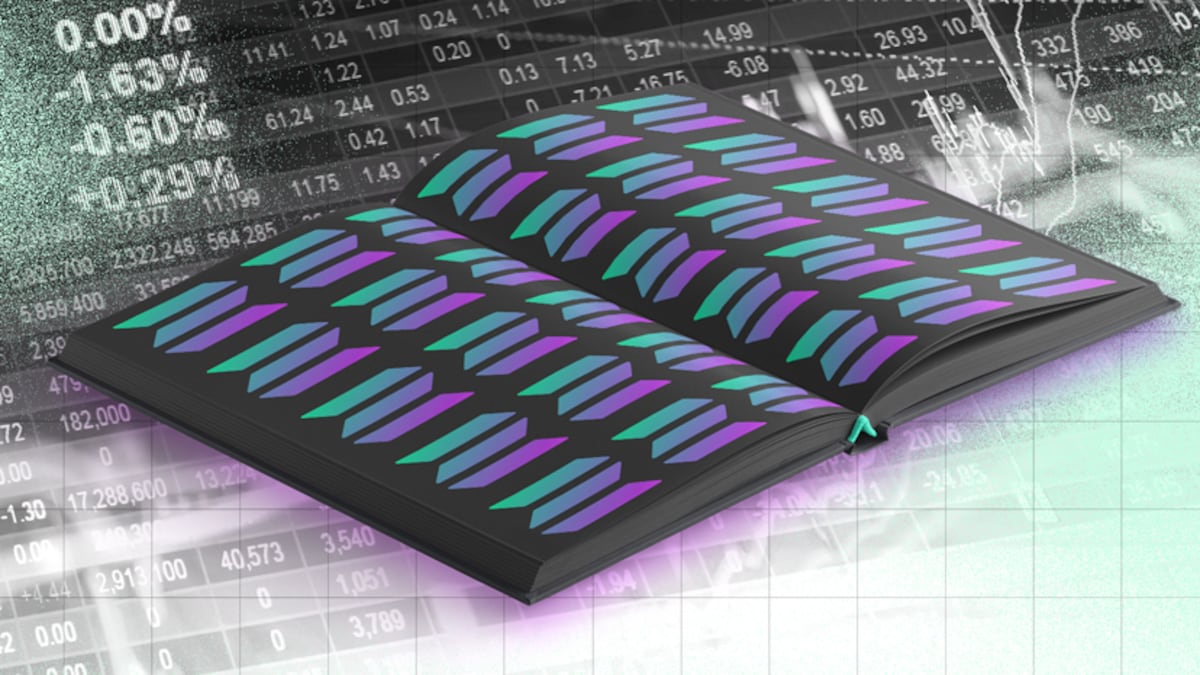Editor’s note (February 9, 2023): This story has been updated with a new paragraph to reflect OpenBook core contributor Soju’s response.
After the collapse of the FTX in November, a group of crypto developers banded together to save the bankrupt exchange’s decentralised protocol called Serum. Serum was decentralised in name only: FTX controlled the private keys and much of its token supply.
Freeing Serum from its disgraced FTX overlords was an opportunity. The developers copied the code of Serum and created a “community fork.” It was supposed to offer new hope for DeFi.
That hope has fizzled out. “A community-led fork was truly remarkable,” Yash Agarwal, a researcher at Superteam, a DAO focused on helping Solana ecosystem projects, told DL News. “However, the volume is still down.”
Now a new competitor called Orca has emerged and is gaining ground.
After the publication of this story, OpenBook core contributor Soju told DL News that although the story is “factually accurate,” he would argue that “Orca was always there and OpenBook was the one that emerged.” Soju, tweeting via OpenBook’s account, called the story “disingenuous” and explained that the journey for OpenBook is long “without Alameda pumping volume, like they did on Serum,” which means “numbers look weaker than in the past.”
Orca’s rise to power on Solana DeFi
Until the FTX collapse, Serum was Solana’s largest exchange. At its November 2021 peak, it commanded a total value locked (TVL), a metric for funds in DeFi, of over $1.88 billion. By contrast, OpenBook, which is based on Serum’s code, has struggled to achieve the same level of dominance.
Rival decentralised exchange Orca has dethroned Serum and its successor OpenBook. Orca’s TVL sits at $45 million, nine times more than OpenBook’s, which is $5 million.
The difference in trading volume between the two exchanges is also significant, with Orca handling $17.61 million in trades over the past 24 hours, compared to OpenBook’s $1.36 million.
Orca’s capital-efficient liquidity pools have given it an edge over other exchanges, Orca co-founder Grace Kwan told DL News. Orca’s pools allow liquidity providers to concentrate liquidity across specific price ranges, similar to popular decentralised exchange Uniswap V3 on Ethereum. “This is why they drive the majority of trading volume on Solana and capture the majority of volume from aggregators,” she said.
Kwan also said that Ocra’s multiple security audits and a bug bounty programme for $500,000 – the amount a white hat hacker would receive when reporting a critical vulnerability in the exchange’s code – have also helped increase confidence in the exchange. She noted that Orca is more “battle-tested” than its peers, having been around for nearly two years, “compared to just a few months for OpenBook.”
Orca’s recipe for success
But funding makes a big difference, and Orca’s financial strategy is two-fold.
Orca uses its ORCA governance token to help subsidise yields and attract liquidity. Orca’s token has contributed to it becoming the dominant exchange on Solana. And some like Agarwal believe launching an OpenBook token is also a viable option for the struggling exchange.
And while Orca is a venture capital darling, OpenBook is not.
In September 2021, Orca closed an $18 million Series A with investment from Polychain Capital, Coinbase Ventures and Jump Capital among others.
“OpenBook is completely community-driven and funded partially by the Solana Foundation,” Agarwal said. He explained that because OpenBook doesn’t have venture capital backing, it will need to attract funding via revenues, grants or launching a token to keep the project going and incentivise its contributors.
Serum previously issued a utility and governance token called SRM that provided holders a trading fee discount on the exchange. But the push for a token isn’t popular with everyone.
“I don’t think there is any strong desire for a token amongst the relevant parties at the moment,” OpenBook contributor Marcus Bickford told DL News. “It’s not clear what the function of the token would be.”
“Solana DeFi already has too many protocol tokens floating around that are now worth fractions of a cent, so the desire is to avoid that if at all possible,” he said.
Serum once upon a time
Serum and its successor OpenBook run on a central limit order book model, which mirrors traditional exchanges by matching buyers and sellers. This isn’t a common model in DeFi, but Solana’s low-cost and fast transactions make this model viable, letting DeFi protocols easily draw liquidity – among other things – from Serum’s order books. That made Serum wildly popular, and the developers wanted to preserve the technology through a community fork of the protocol.
Although the Solana protocols that previously worked with Serum now work with OpenBook on a technical level, things are different financially. The liquidity providers – users who invest with funds – have not joined the protocols in that decision. Instead, they’ve taken their liquidity to Orca and seem to be settled there for now.
Technical integration is one thing, and financial incentives are another, after all.
